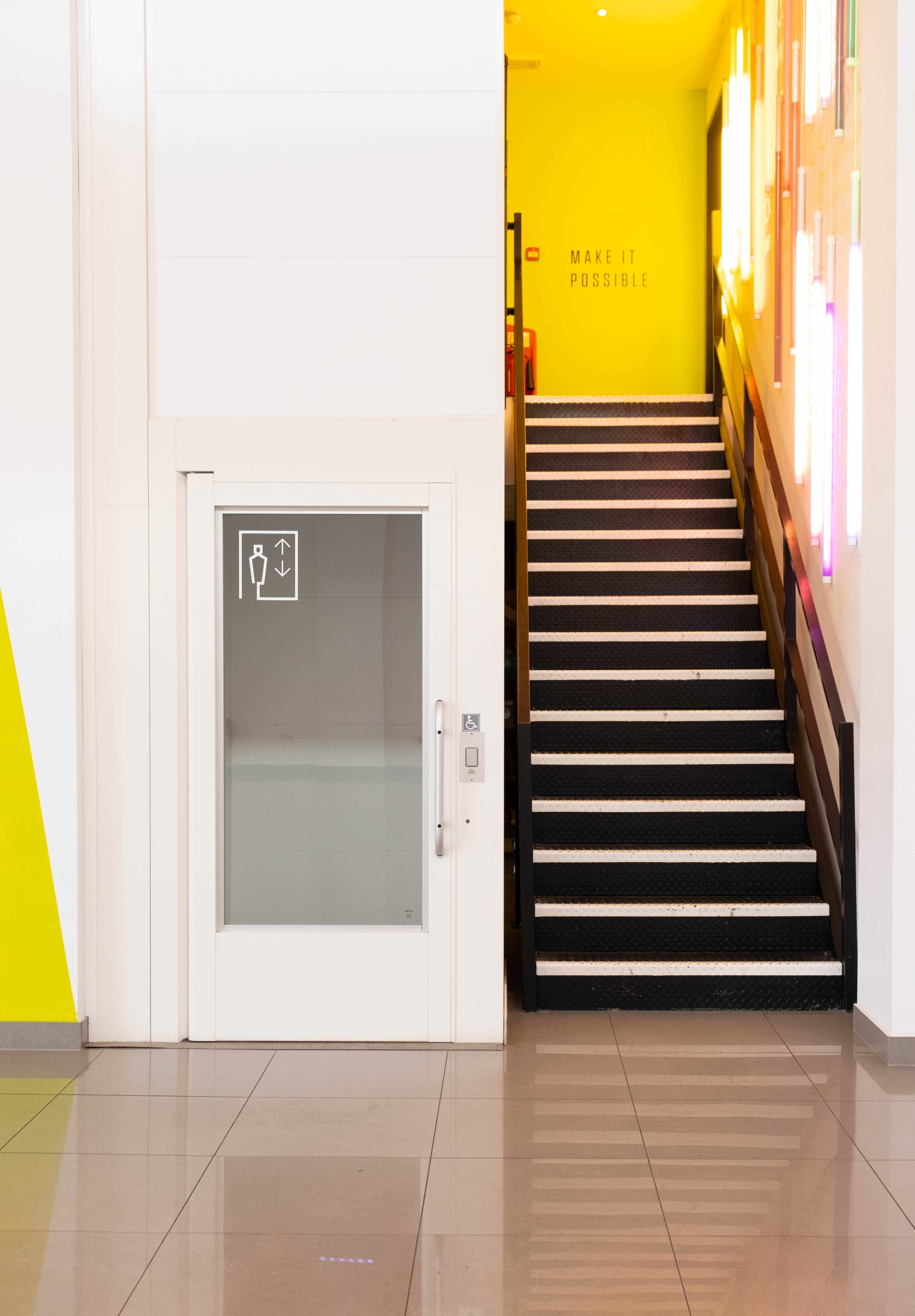Employee experience is so much more than just a general picture of what it’s like to work for your company. It’s how your employees engage with their work, colleagues, clients, and how they feel about working within the business too. It’s easily misunderstood – hint, you can’t improve it with a ping pong table and free fruit alone – but done well, it can have a huge impact on your business.
Companies with high engagement, a result of great employee experience, pull in over twice the revenue of those with low engagement levels. And those at the top are now seeing the value of it. According to Deloitte, 80% of executives now rate employee experience as very important or important to their business. That’s because your employees make your business. How they feel about their work matters as we found out in our research where we dug into the audience view of employee experience.
As Richard Branson says: “Clients do not come first. Employees come first. If you take care of your employees, they will take care of the clients.” So, what can you do to take care of your employees?
- Onboard the right way
First impressions count. Your employees’ experience with your company begins at the very first point of contact and so onboarding should be seen as an opportunity to share your culture and integrate every person into the business. That might sound obvious, but we don’t always pay enough attention to this vital step.
In fact, according to the Harvard Business Review, 33% of new hires are looking for new roles within the first three months, and that’s largely down to their onboarding experience. Even at this early stage, ask for feedback and, vitally, act on it. Show your new hires you care about them and their voice and they’re more likely to have a positive experience with you down the line.
- Make time for rewards
Reward and recognition can play a huge role in developing positive employee experiences and even boost job satisfaction. A total 75% of employees receiving at least monthly recognition, however informal, are happy in their roles, so it’s worth investing time and money in strategies that help you to do just that.
Our dedicated reward and recognition team often plan big recognition moments like incentive trips, awards ceremonies or company away days, but they put measures in place to support smaller displays of thanks too. Both are incredibly effective. Plus, you don’t have to limit celebrations to work-related wins, shouting about a colleagues’ new home or new arrival will help them to feel part of the family.
Check out our blog on how to engage employees through reward and recognition or delve deeper through our latest report on the changing face of reward.
- Simplify systems where you can
Take a look at all your systems and see what can be pared back. It’s important to remember that your employees are essentially consumers in your workplace – they want straightforward, easy-to-use tools, just as your customers do. So, if your intranet or booking systems are overcomplicated, it might damage employee experience. Why not talk to our skilled Digital team about improving your online systems? They’re great at taking the complex and making it simple.
- Prioritise diversity and inclusion
Employee experience, even within one organisation, varies from person to person. A company that understands its employees and offers them all the tools they need to engage with each other and their work effectively must prioritise diversity and inclusion.
Research has shown that a lack of diversity and the resulting high turnover among minority employees affects everyone within a business. If your organisation isn’t representative, or shows discrimination of any sort, all employees lose that vital feeling of connection and employee experience suffers. Just another reason to focus on fostering inclusion.
If you want to find out more about D&I in the workplace, make sure to check out our blogs on the topic or to see the results of our public survey and find out what the stats say, why not check out our D&I Report?
- Communicate!
Most organisations put a lot of effort into external communications, but not all dedicate very much resource to internal comms. Think of your employees as stakeholders and take the time to communicate with them directly, on every level.
Share news from across the business to promote a culture of transparency and trust will grow. That in itself can improve morale, increase engagement and boost performance. If you’re not sure where to start, our Campaign team is packed with comms professionals who know how to get a message across to any audience – come and have a chat.
- Consider employees’ environment
So much of our experience with any company is made up of the day-to-day. It’s been suggested that up to 30% of our interactions with an organisation are defined by physical environment, so it should be a consideration when attempting to improve employee experience.
Though many have been talking of getting rid of offices, McKinsey analysis has found that it’s likely to be only highly skilled, highly educated workers in particular fields who will continue working from home post-pandemic. So, the design of your workspaces still matters. Make it inviting, interactive and inspiring to get the best out of your workforce.
And for those who might be remote working a few days a week, provide whatever you can to make home offices the best they can be. Simple considerations like that can have an incredible impact of overall experience.
- Create opportunities for learning
Employees are more likely to stay at your company if they know there’s room for career advancement and, building learning into your offering both helps to build the skills employees will need to advance and shows that it’s a real possibility. After three years with a company, someone who has been promoted has a 70% chance of staying on, while someone who has stayed in the same position has only a 45% chance of staying for another year.
Integrating a learning platform into your digital offering is the perfect way to increase employee experience. By committing to your employees’ career progression, you encourage them to invest in the company, just as you are investing in them.
Improving employee experience takes work, but it all becomes a bit simpler when you think of your employees more like customers. For customers, you create amazing experiences in the hope they’ll stay loyal and choose to invest with you. The same is true of employees. With great employee experience your employees will rise within your organisation and bring even more passion, ideas and revenue to the table.
Employee experience, done well, can have amazing business results. We explore how employee experience is connected to business success in our latest whitepaper, Workplace experience, which you can read right here. If you want to put one (or more!) of our tips into action, our teams can help. Just email us at anythingspossible@drpgroup.com to get started.











